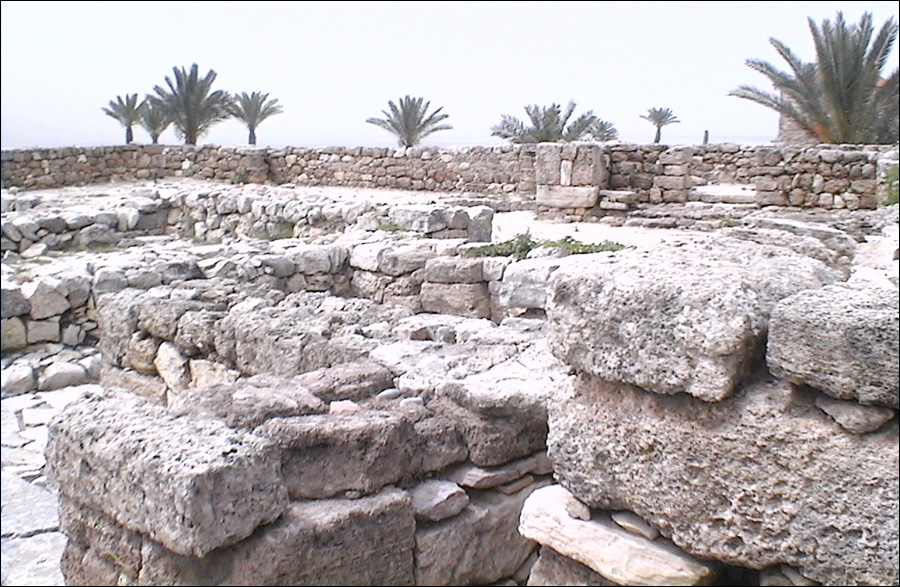
It is true these famous sea traders of antiquity were known for their cedar ships, royal-purple cloth and long-lived cities in Lebanon. But there was so much more to their lives and their society. Two of their cedar boats were placed in the Great Pyramid by the Egyptians in 2560 BC. Homer’s Iliad included Phoenician traders in his recounting of the Trojan War. Herodotus told of the Phoenician alphabet being brought to the Greeks, who became masterful writers themselves. Alexander the Great performed his landmark siege of the Phoenician city of Tyre. And of course Carthage and Hannibal took on Rome in the Punic Wars which opened the way for Rome’s empire.
Willingly or unwillingly, the Phoenicians were part of so many epic events in the ancient world that seeing these moments through their eyes opens the human side of what happened. The glimpses you see here let us walk among them as they experience days of desperation and loss. And we see them in times of joyous prosperity with their families amid the arts and fine living.
Phoenicians and Greeks Before 1200 BC
Believe it or not, 150 years ago it was thought that the Trojan War as well as the early Greeks and Phoenicians described by Homer in his Iliad were only mythical and never existed. That is how history was taught in schools and colleges.
But then new discoveries began to take place, and have continued up to the present day. So we understand those times much better now. Unfortunately Greek history and Phoenician history during those early days have been updated unevenly. This is how it happened.
For a long time it was believed that a widespread Dark Age existed before the brilliant emergence of Classical Greece. That period of darkness was said to have begun around 1200 BC when the Sea Peoples laid waste to much of the ancient Mediterranean. After that, the Greeks were thought to have had only a few imaginative legends about gods and noble individuals competing in some mythical Minoan kingdom and Trojan War.
The people of Phoenicia—the land now known as Lebanon—were assumed to have had their cities destroyed by the Sea Peoples as well. So it was believed Phoenician society began after 1200 BC.
Then the city of Troy was uncovered, along with Mycenae and Knossos. This proved the Mycenaean Greeks and Minoans actually existed. Historians have updated their texts to reflect this reality.

Similar discoveries took place in the Phoenician cities of Byblos, Sidon and Tyre. Those excavations showed no destruction at 1200 BC. Phoenician society was clearly continuous before, during and after that time. Yet historians have been slow to acknowledge this reality.
For those of us interested in the ancient Mediterranean, we naturally want to know what actually happened in those early days. On this website you will see clear evidence of Phoenician involvement in many intriguing events before, during and after 1200 BC.
The content of this website is drawn from the research of historian Sanford Holst


Further information
If you would like to experience more of the Phoenician world than you find in these short articles, see the book Phoenicians: Lebanon’s Epic Heritage. This extensive exploration is brightened with 104 illustrations.
Going beyond the few traditionally-cited facts, this authoritative work draws from discussions with leading archaeologists and historians to discover new clues and lines of inquiry into this secretive society.
Phoenicians
You can take a look inside this book. See the first pages here.

Updated June 3, 2025
Cloud: Phoenicians, Lebanon, Greek Mythology Gods, Phoenician alphabet, Joe Gallina